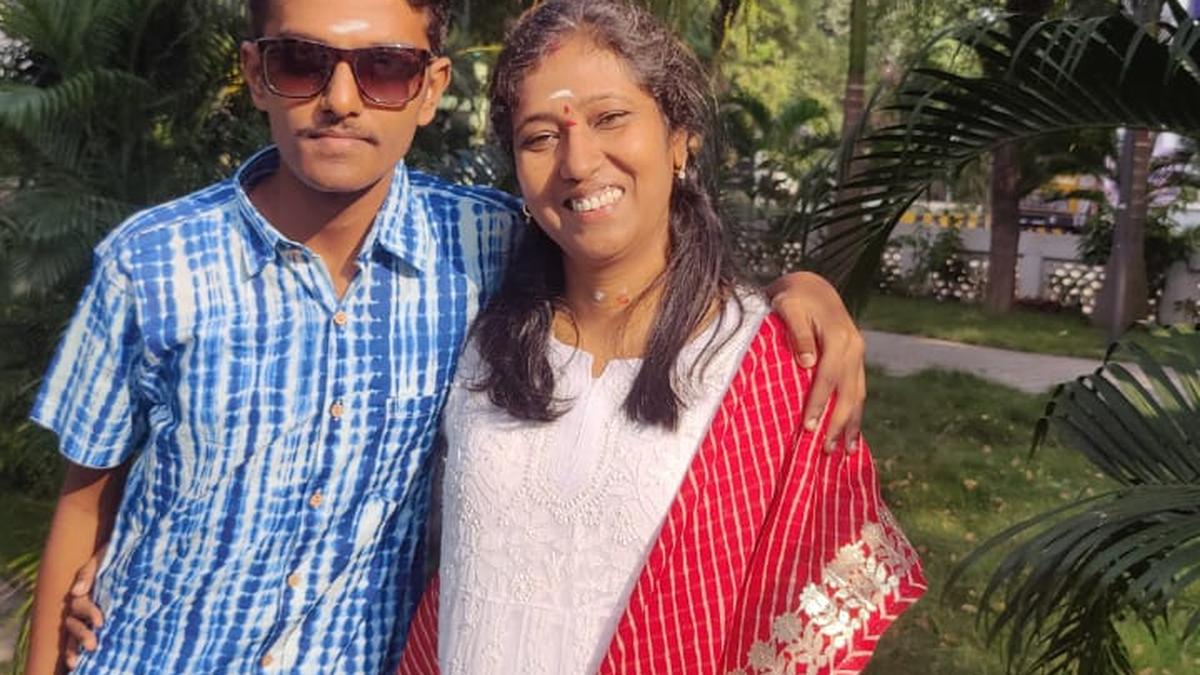
A mother’s cry for justice
The Hindu
When Sachin was denied admission for an undergraduate course due to his disability, his mother Padma petitioned the State Commission for the Welfare of the Differently-Abled. And that initiative set the ball rolling towards a significant reformation - Welfare of the Differently-Abled Persons Department issued a circular to 19 universities in Tamil Nadu that they have to reserve five per cent of the seats in higher education for persons with benchmark disabilities.
Last month, the Welfare of the Differently-Abled Persons Department issued a circular to 19 universities in Tamil Nadu reminding them that they have to reserve five per cent of the seats in higher education for persons with benchmark disabilities. And that was a momentous development for those working towards an inclusive education system, especially for V. Padma, mother of a differently-abled son.
Last academic year, 20-year-old E. Sachin’s dream of joining the Tamil Nadu Physical Education and Sports University for a bachelor’s programme got quashed after the institution denied him a seat saying he did not meet the physical requirements demanded by the course. A promising basketball player and swimmer, Sachin, who is on the spectrum, later relocated from Chennai to Tiruchirapalli to pursue a course in sports education from an arts and science college.
His mother Padma was determined to know why Sachin was rejected despite having all the required documents.
“I first registered a complaint with the State Commission for the Welfare of the Differently-Abled, which acts as a magistrate for any complaints brought to them, against the Sports University,” says Padma.
The Sports University denied admission to Sachin as they were following a 2015 Government Order that states that the candidate must be medically fit and free from any deformities to take up the course in physical education.
“Actually the University had not changed its admission guidelines based on the RPWD Act, 2016. In the process, the University has been rejecting students citing the old GO,” says Padma.
For this parent who was helping her son realise his dream, taking on a university meant doing lot of groundwork. Filing an RTI plea, doing rigorous follow-ups and studying various judgements helped build up the case. She took help from special parents. “I knew I could not fight it alone, so I met disability activists, support group members to understand if the reason for denying admission was justified,” Padma says much of the hearing happened virtually.

In a breathtaking display of musical prowess, the Singspirations, a Tiruchi-based choir group, in collaboration with the Glauben Ensemble and the Genesis Chamber Orchestra, presented a sublime performance of Wolfgang Amadeus Mozart’s Requiem in D minor, K. 626, in its entirety, mesmerising audiences.












